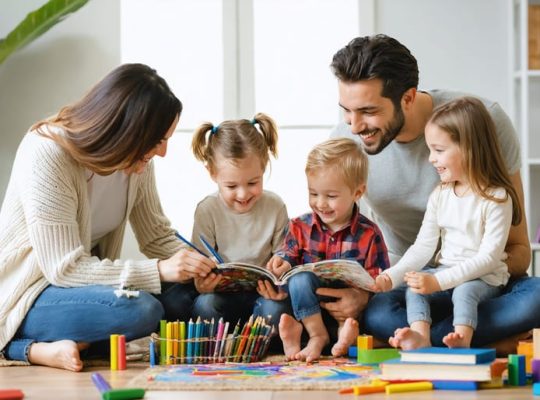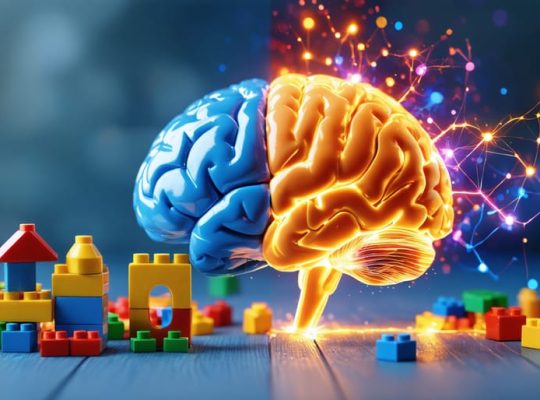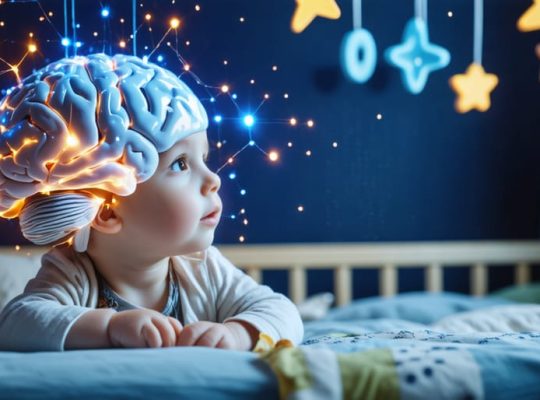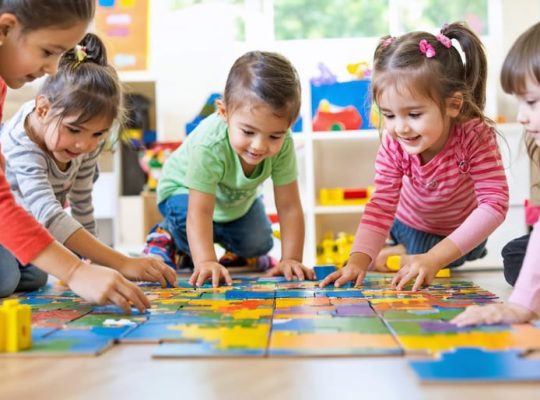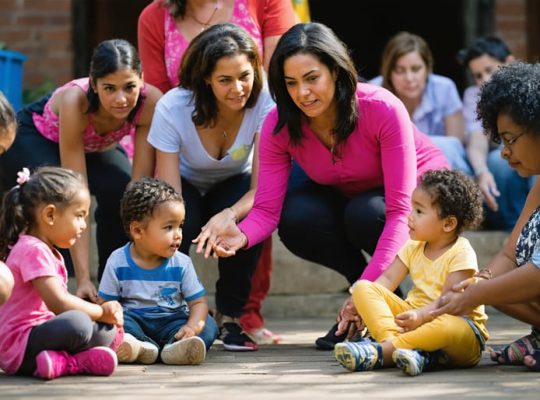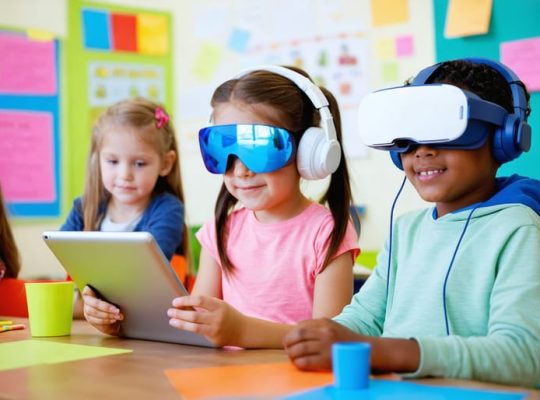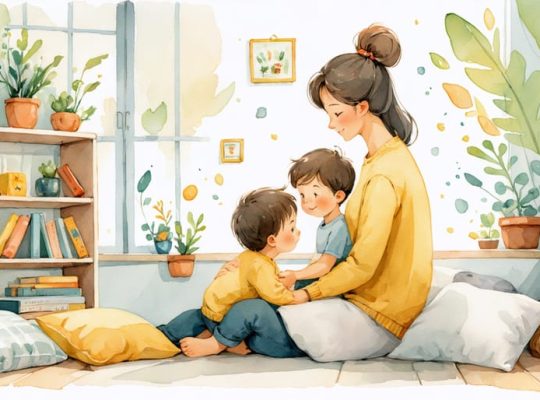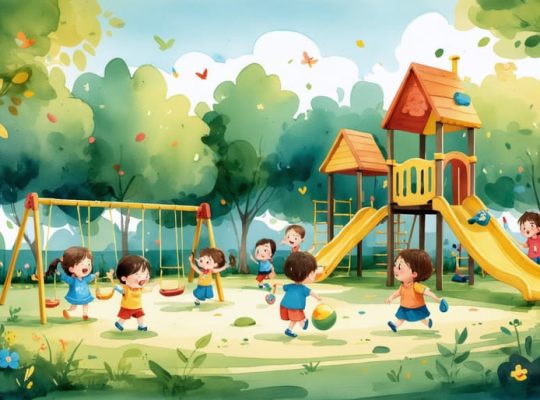Strengthen Your Child’s Mental Health Through These Powerful Family Activities
Transform everyday moments into powerful connections by engaging in purposeful activities with your child – from morning routines to bedtime rituals. These deliberate interactions form the foundation of robust children’s mental health support and emotional development.
Create a dedicated “connection corner” in your home where you and your child can share daily highlights, worries, and celebrations without distractions. This sacred space becomes a trusted refuge for open dialogue and emotional …

